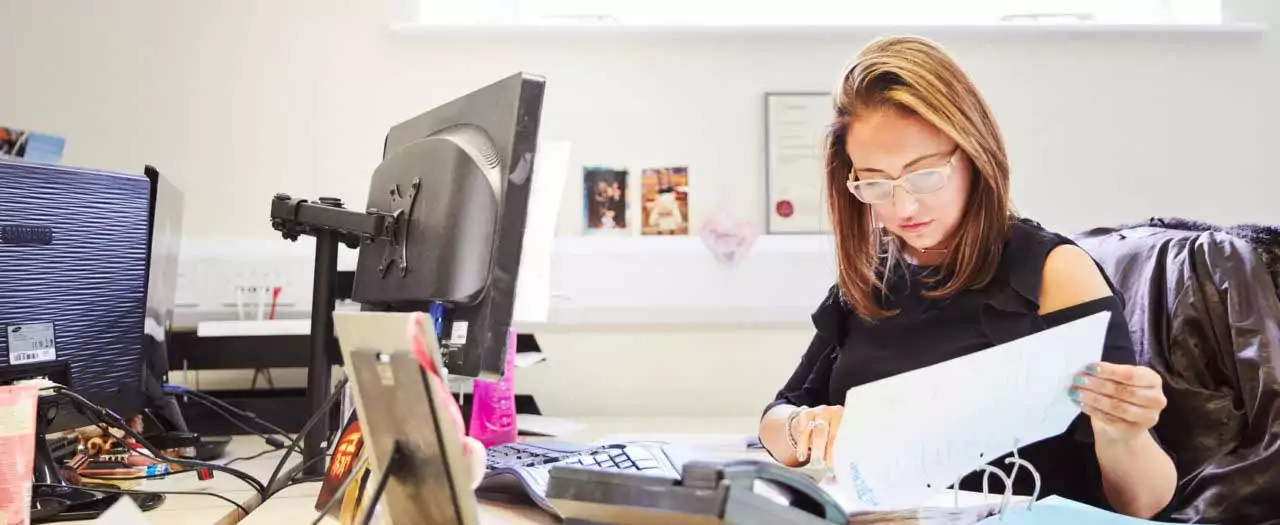HMRC has announced that, as a temporary measure for the 2020/21 tax year, it will be possible to submit your Self Assessment tax return and some associated forms as late as midnight on 28 February 2022 without incurring a penalty.
Additionally, those that use Self Assessment won’t be charged an initial 5% late fee if – before 1 April 2022. They either pay in full their taxes that are due. Contact HMRC to create a Time to Pay arrangement to pay the bill in instalments.
These measures mirror those offered in January and February 2021.
Back then, HMRC said the measures are because of the “immense pressure that many people are facing in these unprecedented times”.
Covid has caused significant disruption. May result in people being late submitting their Self Assessment tax returns and paying their tax, despite their best efforts.
What is the Self Assessment extension?
HMRC made it clear that those who could meet the 31 January 2022 online deadline to submit their 2020/21 Self Assessment tax return should have done so.
If necessary, they should also have completed their SA800 (Partnership Tax Return) as well as SA900 (Trust as well as Estate Tax Return) online by the deadline also if paper copies haven’t been received by the postal deadline.
The forms SA700 (Non-resident Company Income Tax Return) and SA970 (Tax Return for trustees of registered pension schemes) included in the Self Assessment process online should also have arrived before the 31st of January, 2022.
Usually, If the deadline of 31 January is missed by more than three months, then you are subject to an automatic penalty of PS100.
There are higher penalties when you submit your self-assessment Tax Return is filed after this.
Sometimes, fines can be exempted if there’s a legitimate reason to file late however, this requires talking to HMRC first and then presenting your argument.
The announcement made by HMRC in January 2022 implies that, for the fiscal year 2020/21’s Self Assessment tax return it will waive the obligatory PS100 penalty if the tax return is filed online before midnight on the 28th of February, 2021.
It is recommended that the SA800 and SA900 are also required to be submitted online before this date. If you are required to send SA700 and SA970 forms via post. The forms must be received by HMRC on the same date.
In this sense, there’s no need to approach HMRC to avail this option, or to get permission first.
It is enough to submit your Self Assessment for 2020/21 return as well as other necessary documents by February 28, 2022, in order to avoid penalties.
Can I pay my 2020/21 tax late?
Anyone who are registered as a Self Assessment should have paid their tax by January 31
If you do not the theory is that the automatic 5% late-payment penalty will be imposed. Furthermore, interest begins to accrue from the 1st of February from that point onwards.
But, HMRC has announced that the penalty of 5% does not apply to the tax year 2020/21. Self Assessment return tax bill If one of two events occurs prior to midnight on April 1st, 2022:
- You pay your Self Assessment tax bill.
- You create a Time to Pay plan.
However, interest will accrue even if the penalty isn’t in effect. At the rate of 2.75 percent on the amount, you owe this shouldn’t be an enormous cost. If any of these two options is used prior to 1 April 2022.
Timing to pay is a deal that can be reached through HMRC when you agree to pay tax in arrears. Up to 12 installments.
There is no need to contact anyone at HMRC and it is possible to establish an online payment plan. However, you must act and it’s not automatically implemented.
In order to use Time to Pay, you have to be owed PS30,000 or less, as well as your tax return. Should be up-to-date. Also, you must not have current payments plans or debts with HMRC.
Why has HMRC made these decisions?
This is a follow-up to an identical offer in 2021.
HMRC is monitoring the coronavirus disruption. Although it states that over 6.5 million have utilized Self Assessment this year. It is clear that there’s a chance of filing and paying late this year as well.
Final thoughts
The recommendation from both HMRC. Accountants is to file your Self Assessment early in the deadline and to ensure that you pay your tax in time.
Given that the majority of people who use Self Assessment have all the details they require to complete their tax year in April each year. Waiting until the 31st of January of the year following is thought to be a huge risk.
In these shocking times, it’s evident that the normal routines have been thrown off.
The announcement of the relaxation of the late penalty to 28 February 2022 was what people were looking for. The elimination of the penalty of 5% will be welcomed by those paying their bills a bit longer than they would prefer.
 ME
ME


